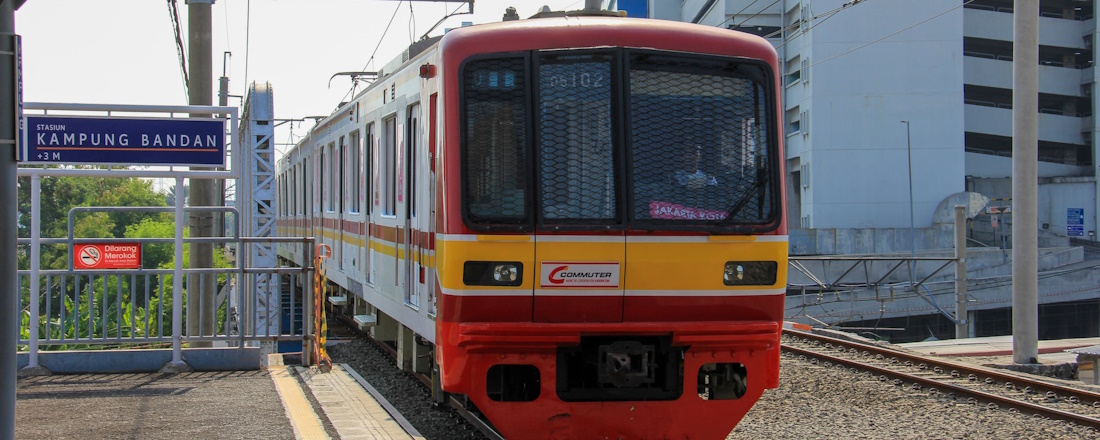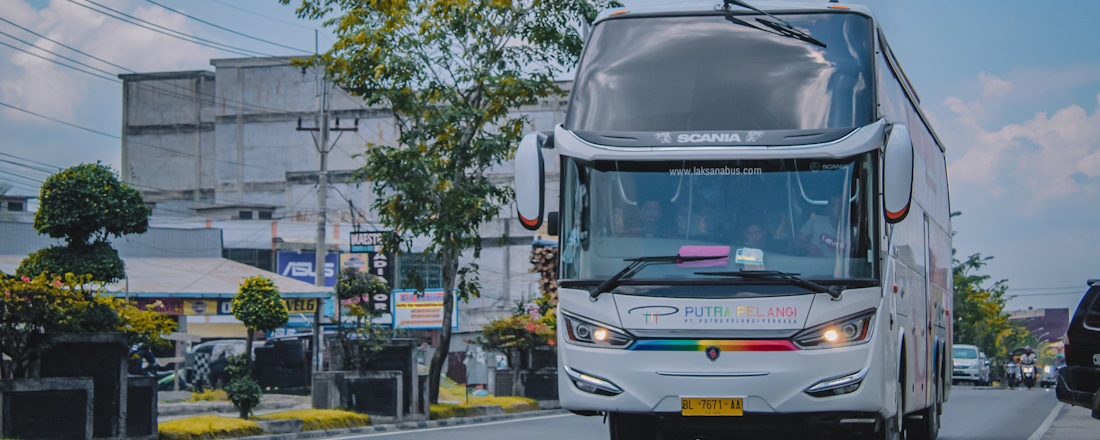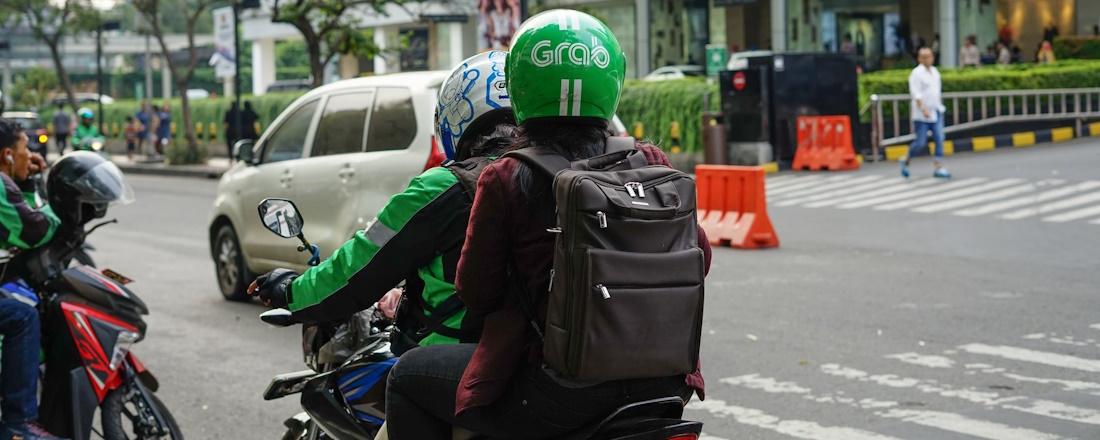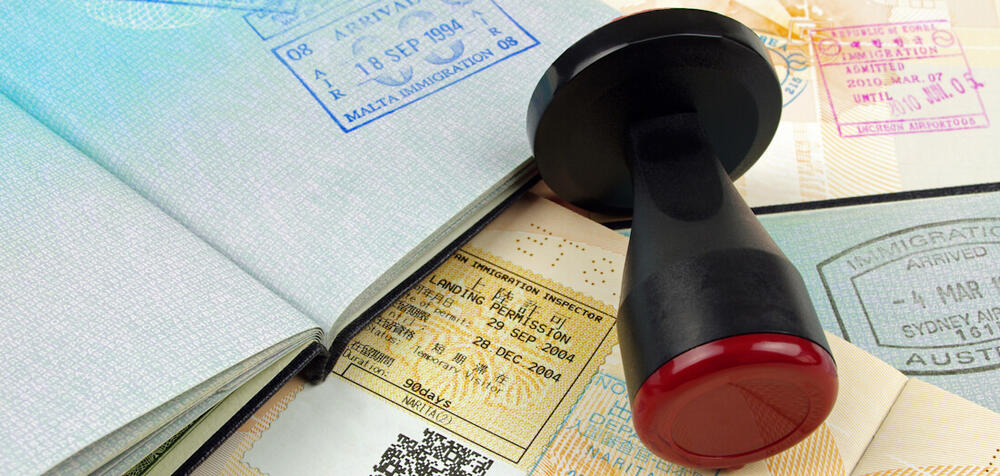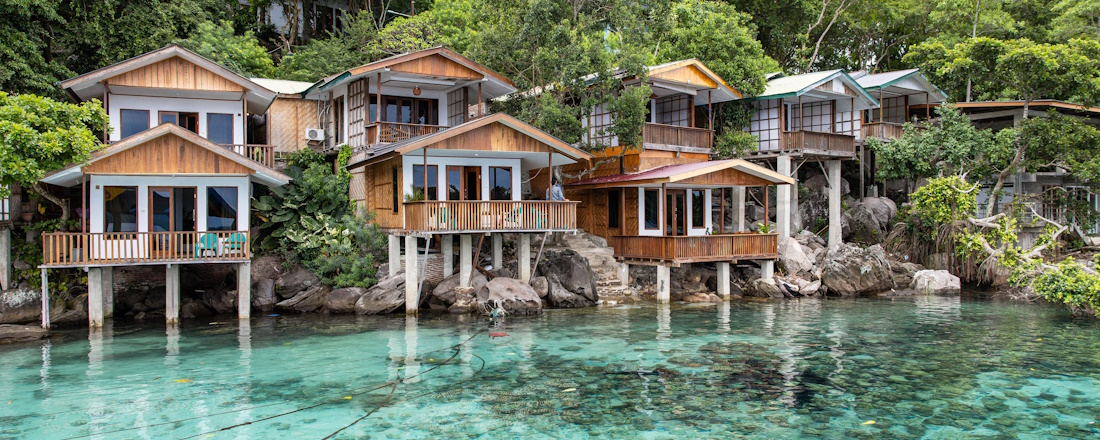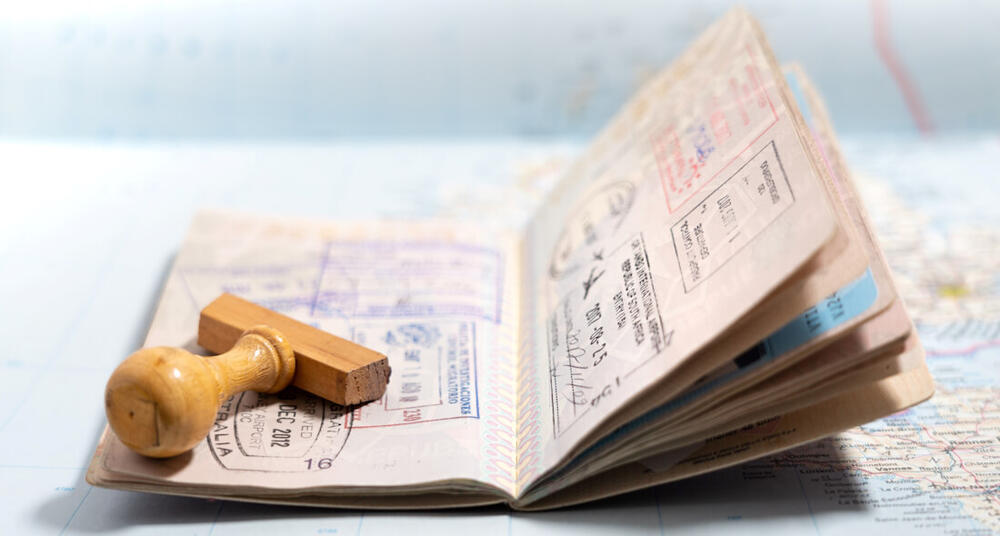Expats have numerous options for education and schools in Indonesia. Parents can send their children to public, private or international schools. Most expat parents living in Indonesia opt for international schools. While they can be pricey, they allow expat children to continue with a familiar curriculum in their home language.
Compulsory education in Indonesia begins at age seven and lasts a total of nine years. During this time, public schooling is offered at no cost. A minimum of one year of Indonesian language study is required for a child to graduate from high school in the country, whether private, public or international. That said, no subject testing is completed in this language – only basic proficiency is required.
While international schools remain popular among expats, choosing a school often depends on various factors such as curriculum, location, cultural considerations and the child's educational needs in Indonesia.
Cultural immersion is a significant advantage of attending Indonesian public and private schools, providing students with an authentic Indonesian experience. This immersion can be instrumental for children in building relationships with local peers and understanding the country's rich culture and traditions.
Public schools in Indonesia
Public schools, administered by the local government, adhere to the Indonesian curriculum. In these schools, the teaching language used is Bahasa Indonesia, and local teachers teach every subject in the local language. Other indigenous languages are used in remote parts of the country.
The language barrier and inconsistent quality of public schools are the main reasons that expat children do not commonly attend public schools in Indonesia.
The challenges of Indonesian public education encompass the integration of modern teaching methodologies while maintaining traditional cultural values. The government continuously works to improve the quality of education through training programmes for teachers and updating the curriculum. Furthermore, many public schools are now trying to incorporate English as a second language in their curriculum to make students globally competitive.
Useful links
- UNICEF's Take on Indonesian Education: UNICEF's perspective and contribution to the education sector in Indonesia.
- British Council's Education Initiatives in Indonesia: An overview of the projects and initiatives run by the British Council in the education sector in Indonesia.
Private schools in Indonesia
Private schools in Indonesia often focus on a holistic approach, emphasising both academic and non-academic achievements. They usually incorporate extra-curricular activities, from arts to sports, allowing students to explore and hone their talents. The smaller class sizes compared to public schools allow individual attention, ensuring students get the necessary support.
Indonesian private schools generally offer a curriculum that both meets and exceeds the requirements of the Indonesian curriculum, sometimes taught in combination with the International Baccalaureate (IB). Many of these schools also teach in English.
Most of these schools cater for Indonesian students, with international students often making up only a tiny proportion of the school's student body. Indonesian private schools do accept expat children, and these schools are a more affordable alternative to international schools for expats who work for companies that do not cover education fees.
Useful links
- IB Schools in Indonesia: A list of schools in Indonesia offering the International Baccalaureate programme.
International schools in Indonesia
Most expats in Indonesia send their children to international schools – these schools offer a foreign curriculum and are officially accredited by the relevant authorities in their home country. Tuition fees can be extremely high at international schools, with annual tuition rates varying depending on the school and the child's age. Many international schools also charge a non-refundable annual capital fee.
In a bid to regulate the quality of education in Indonesia, the government has introduced legislation that no longer permits schools to use the word 'international' in their title. This is to prevent low-quality schools from using the term merely to charge high fees. Most international schools are now classified as Satuan Pendidikan Kerjasama (SPK) – this roughly translates as collaborative schools.
SPK schools are required to teach Indonesian civics, religion and language. In addition, they must allow Indonesian students to attend and employ local teachers to teach Indonesian subjects. Children at international schools are also now expected to take part in the national examinations that students at state schools undergo, in addition to the school's own examinations.
Finding an international school
There are many options for international schools in Indonesia, catering to expat students from several countries, including the UK, the US, France, Germany, India, Japan, South Korea, New Zealand, Russia and Singapore. Many of these schools also offer the International Baccalaureate (IB) programme alongside the sponsoring country's curriculum.
When considering international schools, parents researching education in Indonesia should consider the schools':
- accreditation,
- faculty qualifications,
- facilities,
- student-to-teacher ratio
- and extra-curricular offerings.
It's also beneficial to get feedback from other parents or attend open days to experience the school's environment firsthand.
Useful links
- SPK E-Services: Includes a map of all collaborative schools in Indonesia.
- International Schools Database – Jakarta: A list of international schools in Jakarta with detailed information.
Special-needs education in Indonesia
In public education, Indonesia has two types of schools catering for students with special needs: inclusive and extraordinary schools. Inclusive schools have a student body of special-needs and mainstream students, while extraordinary schools are dedicated exclusively to students with special needs. Unless expat families already speak Indonesian fluently, most opt for private schooling for their children with special educational needs.
It's worth noting that some international schools can provide the specialised services such a student would require, depending on the severity of the condition. This is usually for an extra fee but can be a good option for expat families.
Tutors in Indonesia
Tutors in Indonesia have become increasingly popular, especially among expat families. They can be a great help in giving expat children a leg up in adjusting to a new school, especially if an unfamiliar curriculum or new language is involved. Some expat families hire a tutor to help maintain a child's mother tongue or to help them learn and refine Indonesian or English quickly.
In the run-up to the final assessments, tutoring services for expats in Indonesia witness heightened demand as they are often hired to help students reach peak performance in the crunch period. Most tutors specialise in a particular subject, but some can help across the board, especially when it comes to teaching general essay writing and study techniques.
Useful links
- Superprof Indonesia: A platform offering a wide range of private tutors for various subjects in Indonesia.






